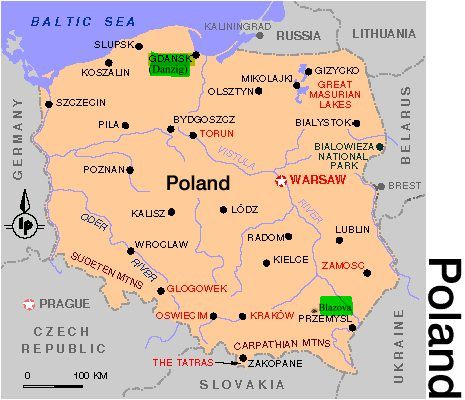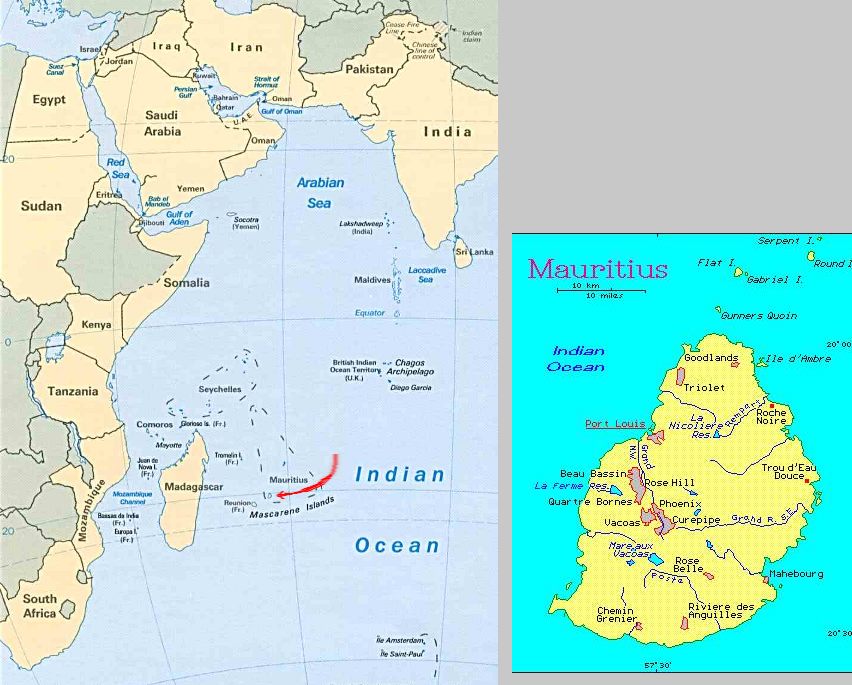The family tree


Who are the Langsams ?
Pesach Langsam was the progenitor of our family. There is much mystery surrounding his heritage. Family lore has it that he was a direct descendant of Issachar, son of our patriarch, Jacob. Pesach Langsam's wife was a niece (through her mother) of the Rebbe, R. Elimelech of Lezajsk. His lineage is well known and traces back through RASHI's daughter, to King David. A book regarding his ancestry and offspring has been compiled by Suzan Wynne. Her work, entitled The Langsam-Spira Family, is still available. Pesach Langsam died on November 2, 1820, at the age of 72. Regarding Pesach's earlier years, there is still much supposition. Even his wife's name is disputed. It was either Ita or Rochel Mina. One thing is for certain. At some point they lived in a small town in Galicia called Yawornik Polski. It is near Blazowa & Dynow. Pesach had 6 known children; five boys and one girl Our branch of the family is connected to Pesach Langsam . Hersh and Ruchel Langsam my grandparents lived in Blazova at the end of the 19th century.
The family tree
My parents Esther Leinhardt and Aharon Langsam came to Danzig (today, Gdansk) in the year 1929 from their home town in Poland - Blazova. They were married December 1929. and I their first son Oscar Jehoshua was born January 1931. Life was good in those years, but became unbearable in 1934 when the Nazi Party in Danzig gained strength and Jews were being persecuted. Their second son Herman was born in 1937.
On the first of September 1939 the Wehrmacht (German army) attacked the Polish garrison on Westerplatte which controlled the entrance to the Danzig harbour and the city became part of the third Reich. Jews were being send to concentrations camps. My father Aharon had a chance to get on a illegal ship bound for Palestine with a group of 50 men from Danzig, heads of Jewish families. On the boat were about 1300 Jewish men and women most of them from Austria fleeing from Nazi persecution. No one of them made it, the boat was detained in Yugoslavia and all the refugees were arrested by the Nazis after Germany occupied Yugoslavia. All 1300 men and woman were shot dead by the Nazis and buried in a mass grave in Sabac - Yugoslavia. After the war the bodies were exhumed and buried in the Jewish cemetery in Belgrade.
My mother Esther and her two sons stayed on in Danzig waiting for another opportunity to flee. Finally we could leave with a group of 500 Danzig Jews in August 1940. This turned out to be the last Jews from Danzig who saved their lives. The group traveled by train to Bratislava and there boarded a Danube boat which brought us to Tulcea, a Rumanian port at the Black Sea. Here we boarded the ATLANTIC an old 500 ton Greek freighter together with 1600 Jews fleeing Europe. Three months later after a very dangerous and frustrating voyage we arrived in Haifa Palestine escorted by a British warship which had intercepted the freighter because it was trying to bring Jewish refugees to the shores of Palestine without the permission of the British Government. Esther Langsam with her two boys were detained in Atlith, Palestine. Here Herman my three year old brother died of typhoid. Esther and Oscar were exiled to Mauritius.
Exile in Mauritius
Mauritius was still a British colony during World War II. In late December 1940,
1,580 Jews who had been seized by the British while trying to enter Palestine "illegally"
were taken to Mauritius; most of these refugees were interned in a camp there until early
August 1945.
In November of that year, three vessels reached the shores of Palestine, with more than
thirty - six hundred refugees on board from Danzig (Gdans'k) , Austria, and
Czechoslovakia. They had begun their journey in Bratislava, Slovakia. At the Rumanian
port of Tulcea, seven hundred boarded one of the ships, the Milos; over one thousand, the
Pacific; and nineteen hundred, the Atlantic.
The British received word of the three ships in early October, and on October 15th the
Colonial Office in London asked the governor of Mauritius whether he "could
accommodate, at short notice, a substantial number of Jews who were attempting to enter
Palestine illegally." The office added that the detention of the deportees would require the
building of a camp, to be surrounded by a barbed - wire fence, that would be under
permanent guard. In his reply, dated October 17, the governor agreed to accept fifteen
hundred refugees at once and another twenty - five hundred within six months.
On November 1 the Pacific reached the shores of Palestine, followed, on November 3, by
the Milos. Both ships were apprehended by the British coast guard and taken to Haifa,
where the passengers were kept on board for two weeks. They were then transferred to
another vessel, the Patria, which was being readied to take them to Mauritius. The
Jewish Agency Executive in London discussed on November 11 the British plan to deport
the refugees to Mauritius. On November 20 Winston Churchill gave his consent to
Colonial Secretary George Ambrose Lloyd's proposal to deport the refugees, provided
that they were treated decently; Churchill also suggested that the decision be applied to
future instances of refugees trying to enter Palestine illegally.
The Sinking of the Patria.
In Palestine, the High Commissioner refused to receive a delegation of the Asefat ha -
Nivharim (the elected assembly of Palestine Jewry), maintaining that the Jews of
Palestine were not authorized to deal with the affairs of Jews who were not residents of
the country. On November 24, the third vessel, the Atlantic, was brought to Haifa by a
British warship. That same evening, some of its passengers were transferred to the
Patria, with the rest scheduled to follow them the next day. On the morning of November
25, however, the underground Jewish army, the Hagana, sabotaged the Patria so as to
prevent the deportation, placing a small explosive charge on the ship. Because the ship
was old and rusty, a large hole opened up, and within fifteen minutes the Patria sank and
was lying on its side. Over 250 refugees were listed as missing; most of them drowned, but
a few apparently reached the shore without being apprehended. Following public protests
in Britain and the United States, London instructed the Palestine authorities to permit the
survivors of the Patria to stay in the country. The rest of the Atlantic passengers,
however,(including Esther with her son Oscar) who had not been transshipped to the
Patria, were deported on December 9 to Mauritius, and arrived there on December 26.
The order for their expulsion stated that they were to be barred from entry into Palestine
even when the war was over. MacMichael's successor as High Commissioner, Lord Gort,
who took up the post in 1944, eventually permitted the refugees to return from Mauritius
to Palestine.
On August 26, 1945, some 1,300 of the deportees sailed into the Haifa port; 124 had died
in Mauritius and 212 young refugees had volunteered for service in the Allied forces.
Most of them enlisted in the Czechoslovak army, and 56 in the Jewish brigade group,
which had been formed in 1944.
Rose Hill.
In Mauritius the 1,580 exiles -- 849 men, 635 women, and 96 children -- were held in a
camp near the town of Rose Hill (Beau Bassin). They suffered from the poor conditions
prevailing in the camp and a typhus epidemic broke out. In the initial stage, the camp
commandants kept the men and women apart, even the married couples. Otherwise, the
attitude toward the detainees was correct, and during the epidemic, men and women of
the local population gave them help. Many of the detainees found work, and they
organized a busy schedule of cultural activities. Marriages took place and children were
born to the detainees on the island.
MAP OF MAURITIUS

My mother Esther remarried in 1947 to Fritz Ostre who died in 1987, they had no children. Esther died in October 1998 at the age of 91. Her son Oscar Langsam married Hadassa Goldrosen in 1954 they have a son Nachum and a daughter Racheli. Both of them are married. Nachum has one son, Racheli has two daughters and three sons. (See family tree).